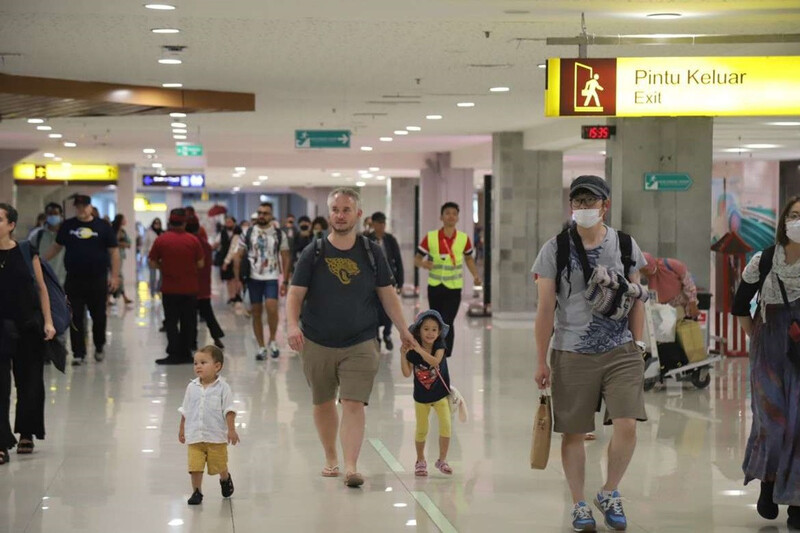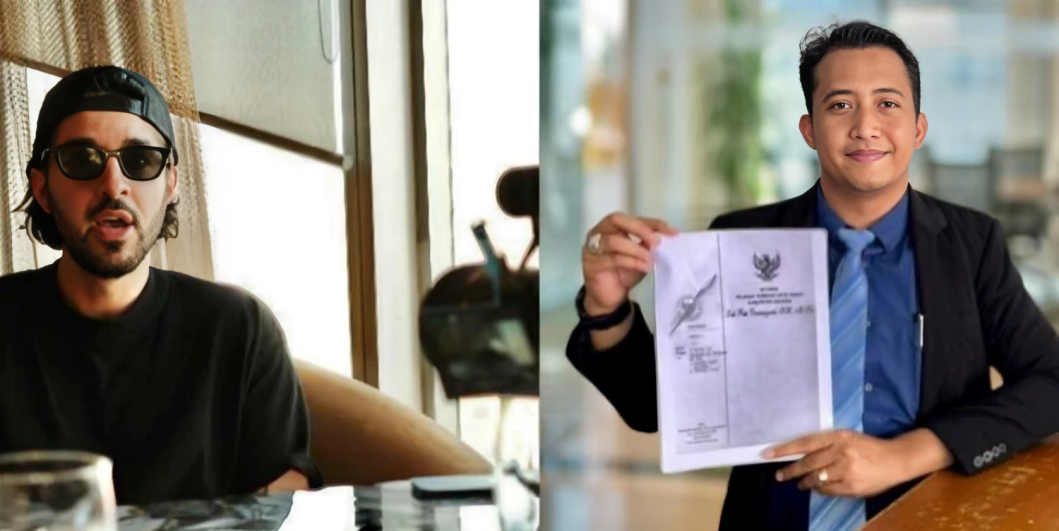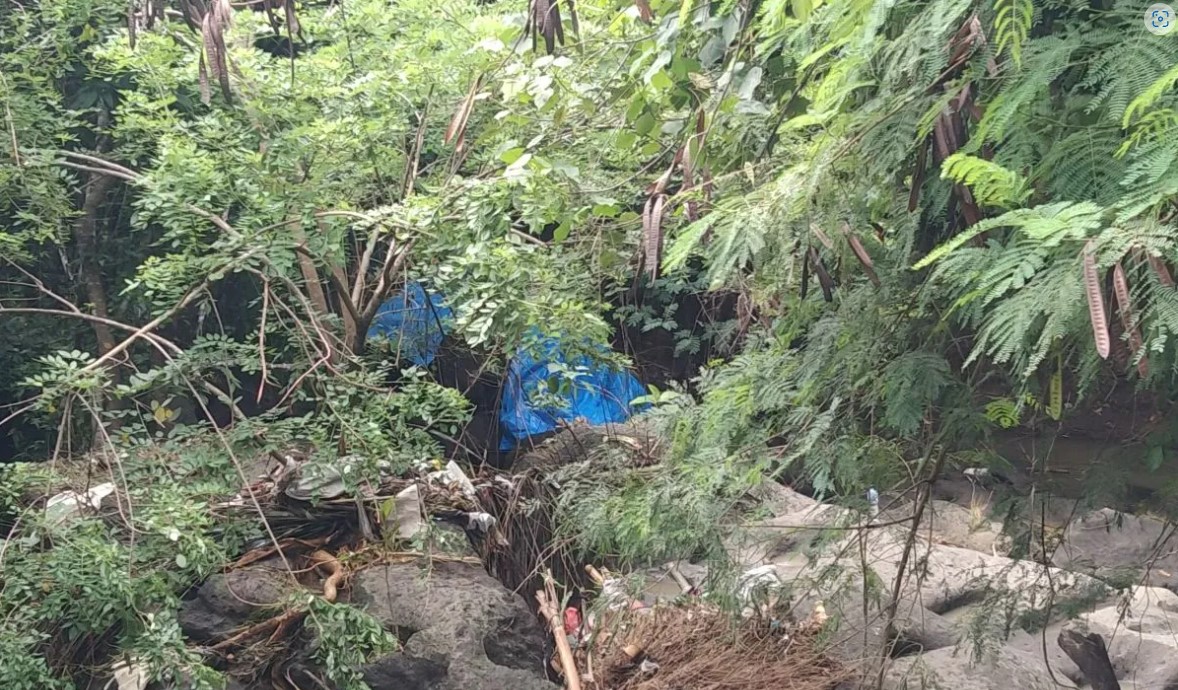Bali Government Plans Wages for Levy Collectors
The government of Bali plans to introduce wages for levy collectors as well as streamline the collection process to enhance efficiency and improve the tourist experience.
The Bali Provincial Government and the Bali Regional People’s Representative Council (Dewan Perwakilan Rakyat Daerah Bali or DPRD Bali) plan to revise Regional Regulation Number 6 of 2023 concerning Levies for Foreign Tourists for the Protection of Bali’s Culture and Natural Environment. One of the significant changes planned is the provision of levy wages for parties involved in collecting the levy at Bali’s points of entry.
“Yes, because it is a levy, everyone shares the same responsibility. This means we must include the related [stakeholders] as levy officers,” said Deputy Chairman of the DPRD Bali, I Wayan Disel Astawan, in Denpasar to the press on Monday, 9th of December.
Astawan divulged that the plan has been included in the DPRD Bali’s Regional Regulation Formation Programme for the year 2025. The Bali Provincial Government will collaborate with the Immigration Office and tourism associations to implement this policy. That being said, the exact amount of levy wages for officers assisting in the levy collection process has yet to be determined.
“It’s called a ‘levy’. If it’s [called] a regular [salary], he already gets the salary. Yes, that’s why the incentive is [called] a ‘levy’ because he assists the collection,” explained Astawan.
According to records from the Bali Provincial Tourism Office, since the Foreign Tourist Levy was implemented back in February 2024, requiring every tourist arriving in Bali to pay Rp150,000 per person, a total of Rp297.8 billion has been collected as of the 4th of December.
However, despite the substantial revenue, Astawan noted that many foreign tourists have yet to pay the levy. This highlights the need for a more efficient system to ensure all tourists comply with the requirements.
Astawan also addressed concerns about long queues at the Ngurah Rai International Airport, which could negatively affect tourists’ experiences. Currently, visitors must go through several stages of inspection, including immigration, baggage claim, customs, and finally, paying the levy. He suggested systems integration, such as using a barcode at immigration, to streamline the process. He also cautioned that adding new facilities, such as additional gates, could exacerbate traffic congestion at the airport.
“This must be done in coordination with the Immigration Office. If we add more gates, it could increase traffic jams at the airport,” Astawan remarked.
Source: indonesiaexpat.id












